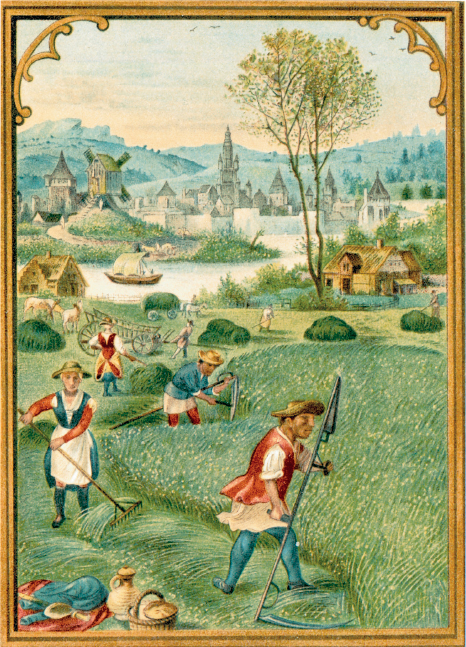How did seventeenth-century European states overcome social and economic crisis to build strong states?

Estonian Serfs in the 1660sThe Estonians were conquered by German military nobility in the Middle Ages and reduced to serfdom. The German-
HHISTORIANS OFTEN REFER TO THE seventeenth century as an “age of crisis” because Europe was challenged by population losses, economic decline, and social and political unrest. These difficulties were partially due to climate changes that reduced agricultural productivity. But they also resulted from military competition among European powers, the religious divides of the Reformations, increased taxation, and war.
The atmosphere of crisis encouraged governments to take emergency measures to restore order, measures that they successfully turned into long-